- Empty cart.
- Continue Shopping
Kola Nut
Original price was: ₹1,300.00.₹900.00Current price is: ₹900.00.
Genus : Cola
“Introduce the Kola Nut Plant to your garden and experience the authentic source of natural caffeine. This remarkable tree is revered for producing Kola Nuts, which contain caffeine and have been traditionally used for their stimulating effects. The Kola Nut is known for its unique flavor profile, combining bitterness and sweetness, making it a popular ingredient in various beverages and culinary creations. With its glossy evergreen leaves and fascinating cultural significance, the Kola Nut Plant adds both ornamental and functional value to your outdoor space. Cultivate your own Kola Nut Plant and enjoy the pleasure of harvesting and utilizing these prized nuts in your daily life.”
The Kola Nut Plant, or Cola acuminata, is a tropical tree that is native to West and Central Africa. It is a member of the Malvaceae family, which includes hibiscus and okra. The tree is highly valued for its seeds, which are commonly known as kola nuts, and are used in various cultural and medicinal practices.
The Kola Nut tree can grow up to 20 meters tall and has a cylindrical trunk that is usually 60-90 cm in diameter. It has long, dark green leaves that are about 20 cm in length and 10 cm in width. The tree produces small, fragrant flowers that are usually white or cream-colored, and are followed by large, brownish-red fruits that contain the kola nuts.
The kola nuts themselves are about the size of a walnut and have a bitter taste. They contain caffeine, theobromine, and other stimulants, and are often used in traditional medicine as a natural remedy for various ailments such as fatigue, headaches, and asthma. They are also used as a flavoring agent in food and drinks, particularly in West African cultures where they are an important part of social and religious ceremonies.
In addition to its cultural and medicinal uses, the Kola Nut tree is also valued for its potential health benefits. Studies have shown that kola nut extract may have anti-inflammatory and anti-cancer properties, and may also help improve cognitive function and reduce symptoms of depression.
Overall, the Kola Nut Plant is a valuable and important species that has been used for centuries in various cultural and medicinal practices. It is an important part of African culture and history, and continues to be appreciated for its potential health benefits and unique flavor.



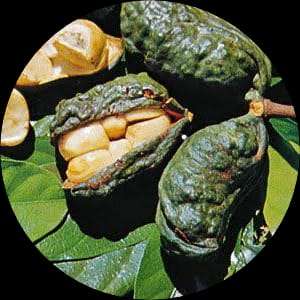
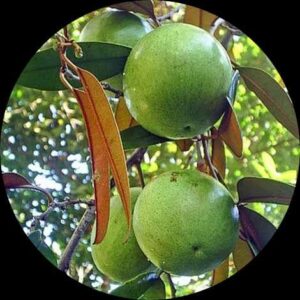


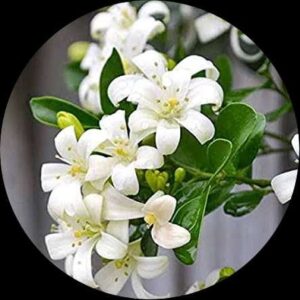

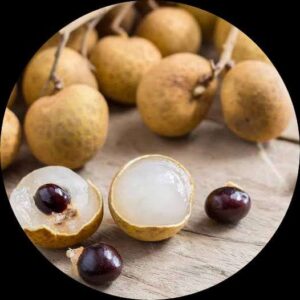
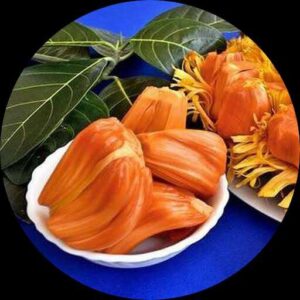
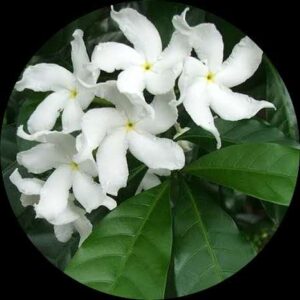
Reviews
There are no reviews yet.